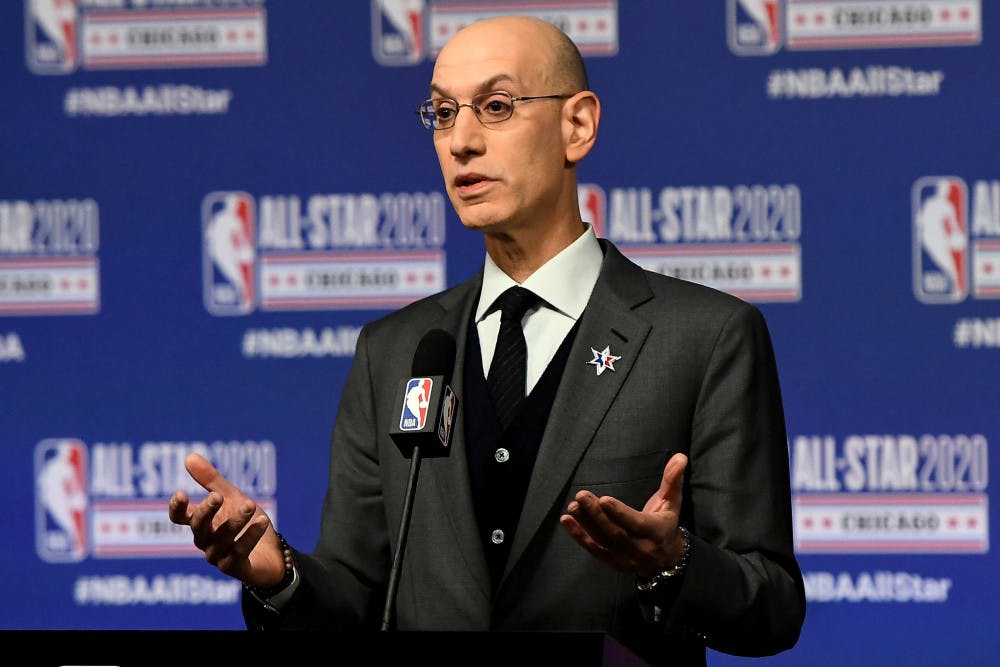Last Wednesday night, following the positive test of Utah Jazz Center Rudy Gobert, the league suspended its season.
Within the National Basketball Association, jobs are created through home games ranging from ticket scanning to selling beer to people that view the action from the front row.
Unfortunately, Arena and stadium workers are on the short end of the stick with the suspension of the season.
To help aid the people who will not have an income for at least two months, many athletes have spoken up about their decision to donate money to fund these families.

The first of many donations came from one of the most renowned owners, the Dallas Mavericks’ Mark Cuban. While he did not specify the amount, he did say that he would make sure that they receive some type of money to help them out during the coronavirus pandemic.
“There’s going to be hourly employees that aren’t working,” Cuban said last week on ESPN’s Get Up. “And so, we talked again this morning with our folks at the AAC and getting the numbers. For the next four Mavs games we have a program where—the next four would-have-been Mavs games—we’ll pay our employees, our hourly employees, as if they worked.”
The AAC employees, specifically employees at the American Airlines Arena, reiterated that they would be paid and although there is not a solution in place yet, they are working on finding a good program.
Giannis Antetokounmpo, the reigning MVP and small forward from the Milwaukee Bucks, announced via Twitter that he would donate to the Fiserv Forum. Antetokounmpo’s tweet spoke volumes to helping the part-time in the Bucks’ Arena.
“It’s bigger than basketball,” Antetokounmpo said. “During this tough time I want to help the people that make my life, my family’s lives and my teammates lives easier … we can get through this together!”
Zion Williamson, former number one pick and rookie power forward of the New Orleans Pelicans, went above and beyond in saying he will pay all Smoothie King Center arena workers’ salaries for the next 30 days.
Williamson announced the selfless pledge on his Instagram and understated his kind gesture.
“These are the folks who make our games possible, creating the perfect environment for our fans and everyone involved in the organization,” Williamson said. “And some of the most special people I have met are those who work at Smoothie King Center… my mother has always set an example for me about being respectful for others and being grateful for what we have.”
When it comes to social issues, the NBA has made it a point to stick up for those in need.
In 2017, the league pitched in to help relief efforts during Hurricane Harvey in Houston and players remain vocal about social changes in minority communities. Just last December, the Sacramento Kings were the first team to participate in the Play for Justice initiative, which is NBA players playing pickup games in prisons to lessen stigmas facing incarcerated people in communities around the country.
In these acts, the league continues to follow the ideology of the late commissioner David Stern, who believed the league should play a vital role in social responsibility with their NBA Cares initiative in 2005.
“All corporations have a social responsibility to contribute to the health, welfare and advancement of the communities in which they operate, but professional sports leagues carry a special obligation,” Stern said.
Evando Thompson can be reached at evando.thompson@student.shu.edu. Find him on Twitter @evthmps.





